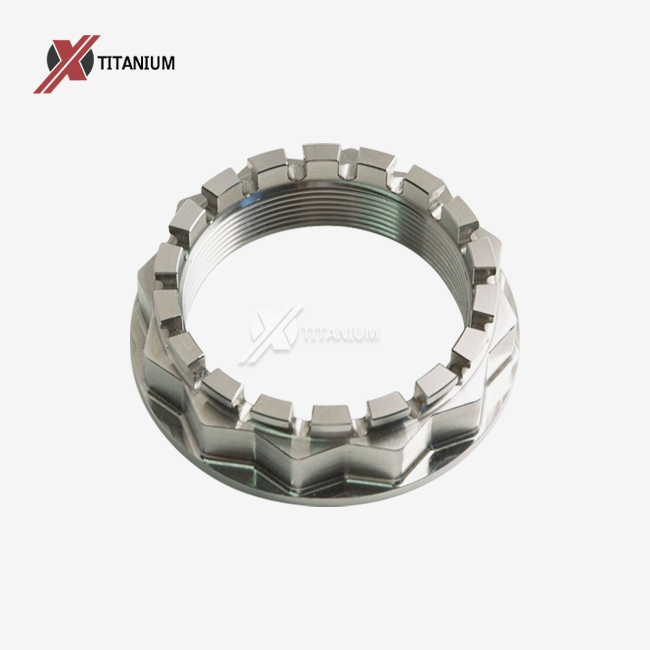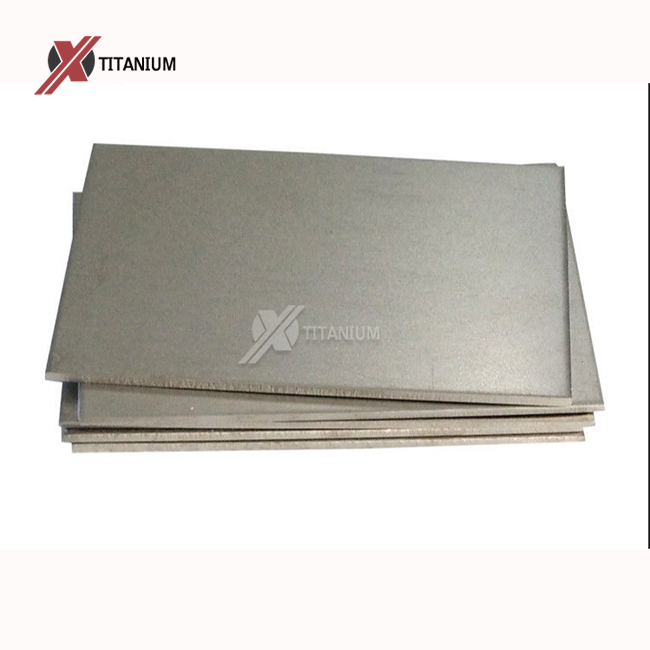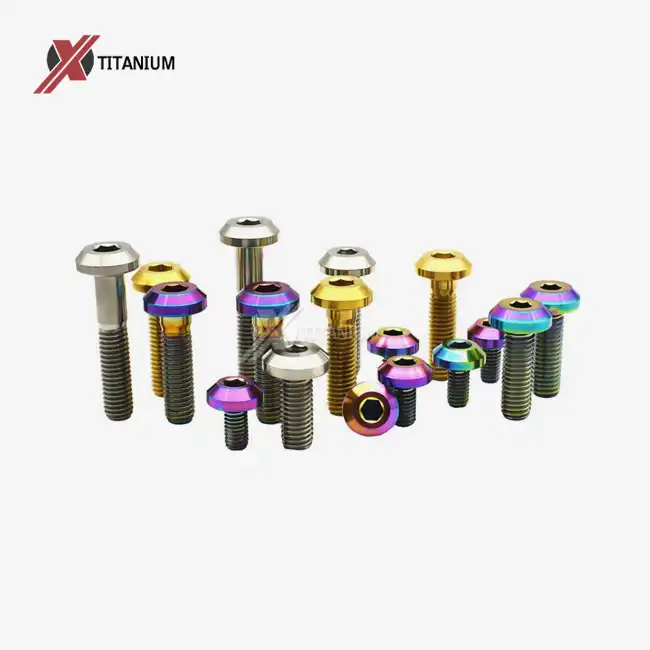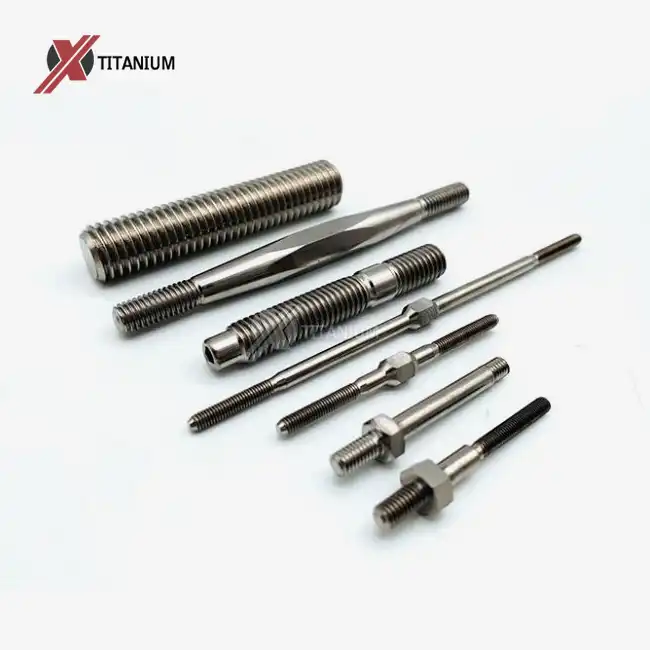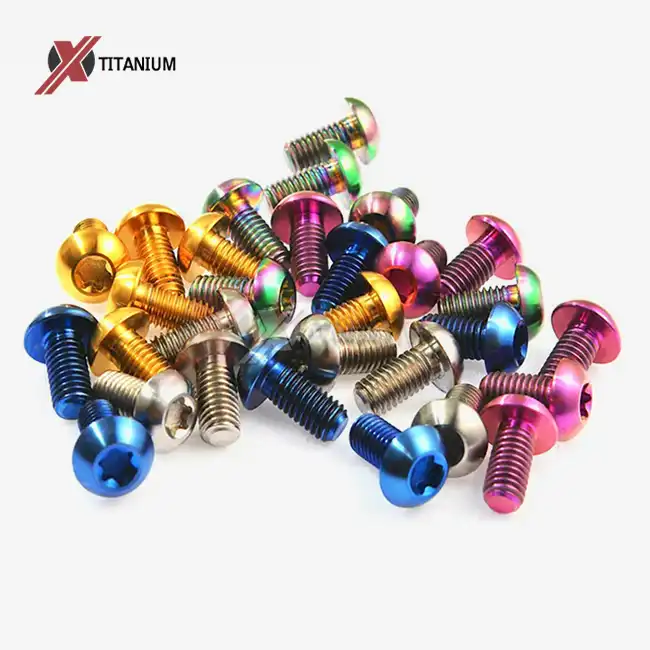The Benefits of Upgrading to Titanium Axle Nuts
Unmatched Strength-to-Weight Ratio
Titanium axle nuts offer an exceptional strength-to-weight ratio that surpasses traditional steel fasteners. This unique property allows motorcycle manufacturers and enthusiasts to significantly reduce unsprung weight without compromising structural integrity. By utilizing Grade 5 titanium alloy (Ti-6Al-4V), these axle nuts maintain a tensile strength of at least 950 MPa while weighing approximately 40% less than comparable steel components. This weight reduction contributes to improved handling, acceleration, and overall performance, particularly in high-performance and racing applications where every gram counts.
Superior Corrosion Resistance
One of the most compelling advantages of titanium axle nuts is their outstanding resistance to corrosion. Unlike steel fasteners that are prone to rust and degradation when exposed to moisture, road salt, and other harsh environmental conditions, titanium forms a natural protective oxide layer on its surface. This self-healing barrier shields the underlying metal from chemical attack, ensuring long-lasting performance and aesthetic appeal. The corrosion-resistant nature of titanium axle nuts makes them an excellent choice for riders who frequently encounter adverse weather conditions or live in coastal areas where saltwater exposure is a concern.
Enhanced Durability and Longevity
Titanium axle nuts exhibit remarkable durability, often outlasting the motorcycles they are installed on. The inherent strength and corrosion resistance of titanium contribute to extended service life, reducing the need for frequent replacements and maintenance. This longevity not only saves riders money in the long run but also provides peace of mind knowing that critical fasteners will maintain their integrity over time. Additionally, the resilience of titanium allows these axle nuts to withstand repeated torque applications without deformation or thread damage, ensuring consistent performance throughout their lifespan.
Selecting the Right Titanium Axle Nuts for Your Motorcycle
Understanding Thread Sizes and Pitches
Choosing the correct titanium axle nuts for your motorcycle requires careful consideration of thread sizes and pitches. Common thread sizes for motorcycle axle nuts include M10, M12, M14, M16, M18, and M20, with corresponding thread pitches ranging from 1.0mm to 2.0mm. It's crucial to match the exact specifications of your original equipment to ensure proper fitment and safety. Consult your motorcycle's manual or seek advice from a qualified mechanic to determine the precise thread size and pitch required for your specific make and model.
Nut Types and Designs
Titanium axle nuts are available in various designs to suit different applications and preferences. Hexagonal nuts are the most common and versatile option, offering easy installation and removal with standard tools. Flanged nuts provide additional bearing surface area, distributing load more evenly and reducing the risk of damage to softer materials.
For applications requiring extra security, consider titanium lock nuts featuring nylon inserts or other locking mechanisms to prevent loosening due to vibration. When selecting a nut type, consider factors such as ease of maintenance, load distribution requirements, and the specific recommendations for your motorcycle model.
Surface Finishes and Aesthetic Options
Titanium axle nuts can be customized with various surface finishes to enhance both functionality and appearance. Polished titanium offers a sleek, mirror-like surface that complements high-end motorcycles and custom builds. Anodized finishes not only add vibrant colors such as gold, blue, purple, or black but also provide an extra layer of protection against wear and corrosion.
For a more industrial look, sandblasted titanium axle nuts offer a matte finish that effectively hides minor scratches and imperfections. Some manufacturers even offer multi-color anodizing techniques to create stunning rainbow effects, allowing riders to personalize their motorcycles while benefiting from titanium's superior properties.
Installation and Maintenance Best Practices
Proper Torque Specifications
Correct installation of titanium axle nuts is crucial for optimal performance and safety. Always refer to your motorcycle's service manual for the recommended torque specifications, as these can vary depending on the make, model, and specific application. It's important to note that titanium has a lower coefficient of friction compared to steel, which may require adjustments to torque values.
Use a calibrated torque wrench to ensure accurate tightening, and avoid over-torquing, which can lead to thread damage or compromise the nut's integrity. If you're unsure about the proper installation procedure, consult a professional mechanic experienced in working with titanium fasteners.
Regular Inspection and Care
While titanium axle nuts are known for their durability and corrosion resistance, regular inspection and maintenance are still essential to ensure long-term performance. Periodically check the nuts for any signs of wear, damage, or loosening. Clean the nuts and surrounding areas with a mild soap solution to remove dirt and debris that could potentially interfere with their function.
Avoid using harsh chemicals or abrasive materials that may damage the titanium's protective oxide layer. If you notice any unusual wear patterns, thread damage, or deformation, replace the nuts immediately to maintain the safety and integrity of your motorcycle's axle assembly.
Handling and Storage Considerations
Proper handling and storage of titanium axle nuts can help preserve their performance and appearance. When removing or installing the nuts, use high-quality tools to prevent marring or damaging the surfaces. Store unused titanium fasteners in a clean, dry environment to prevent contamination or accidental damage.
If you're switching between titanium and steel components, be mindful of potential galvanic corrosion when different metals come into contact. Consider using titanium-specific anti-seize compounds during installation to facilitate future removal and prevent galling, particularly in high-temperature applications or areas prone to moisture exposure.
Conclusion
Upgrading to titanium axle nuts represents a significant enhancement for motorcycle enthusiasts seeking the pinnacle of performance, durability, and aesthetics. These advanced fasteners offer an unparalleled combination of strength, light weight, and corrosion resistance that can elevate both the functionality and appearance of your motorcycle.
By carefully selecting the right titanium axle nuts and following proper installation and maintenance practices, riders can enjoy the benefits of this premium component for years to come. For more information on titanium axle nuts and other high-performance motorcycle components, please contact us at info@cltifastener.com or djy6580@aliyun.com. Our team of experts is ready to assist you in finding the perfect titanium solutions for your riding needs.
